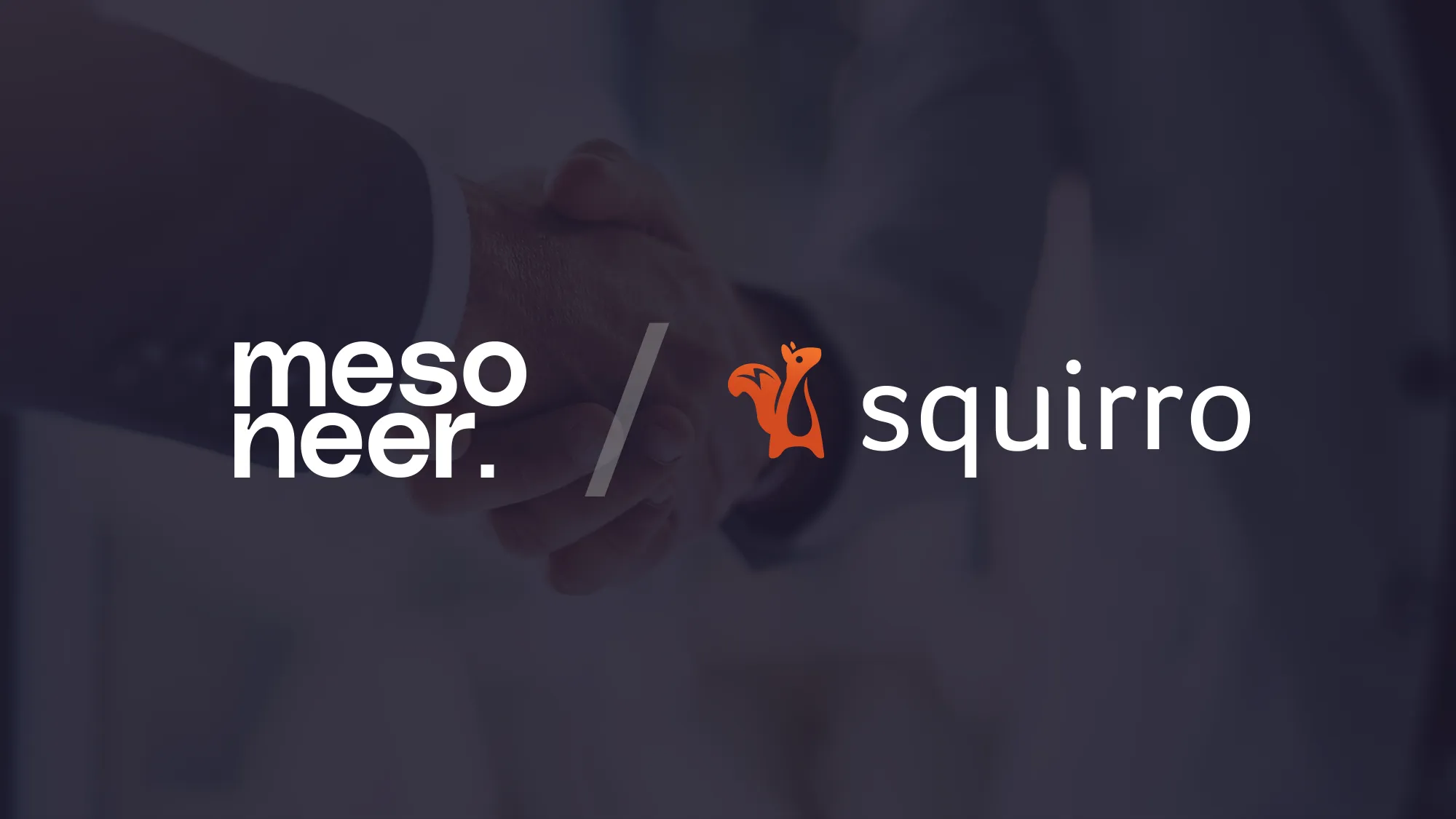
What is a qualified electronic signature (QES)?
In Switzerland and Europe, electronic signatures are classified according to the ZertES and eIDAS standards as simple electronic signatures (SES), advanced electronic signatures (AES), and qualified electronic signatures (QES). The QES is legally equivalent to a handwritten signature and offers maximum security. This requires identity verification by a Qualified Trust Service Provider (QTSP), for example via a certified online procedure (video or auto identification) or personal identification on site.
When is the QES required?
QES replaces handwritten signatures when the written form is required by law or when a particularly high level of verifiability is required, for example:
- Employment contracts: For apprenticeship contracts and other employment contracts that require the written form.
- Credit agreements: For consumer loans, loan agreements, and financing agreements.
- Insurance contracts: In particular for life insurance or long-term policies where written form is recommended or required.
How does the QES work digitally?
The qualified electronic signature is based on state-of-the-art cryptography and strictly controlled identification processes:
- Identity verification by QTSP: The signatory is uniquely identified by a certified provider.
- Creating a digital signature: The signature is created using a qualified signature card or a secure cloud service.
- Document protection: Every signature is tamper-proof and provided with a detailed audit trail.
- Legal compliance: QES meets the requirements of ZertES and the eIDAS Regulation, ensuring maximum legal validity.
Advantages of digital QES
QES offers maximum security and legal validity. It protects documents from manipulation and ensures clear identification of the signatory. It also ensures efficient, digital processing of contracts without media discontinuity.
QES with signeer from mesoneer
Thanks to the integration of a Qualified Trust Service Provider (QTSP) such as Swisscom Trust Services, signeer from mesoneer offers a reliable, seamless, and user-friendly solution for digital signatures. Companies benefit from an automated, secure, and legally compliant signature process. It enables legally valid signing with QES – compliant with both ZertES and the European eIDAS Regulation. Ideal for anyone who wants to meet the highest legal standards both nationally and internationally.
Frequently asked questions
The QES requires identity verification by a Qualified Trust Service Provider (QTSP). With signeer from mesoneer, you can obtain the QES quickly and securely via a certified online procedure.
A QES is necessary when the law expressly requires the written form (e.g., for training contracts, loan agreements, or special insurance contracts) or when a particularly high level of verifiability is required.
The process with signeer is quick and easy in just a few steps:
- Identity verification (online identification): Simple and secure identity verification online via auto-identification.
- Registration with the QTSP: Automatic registration with a Qualified Trust Service Provider, such as Swisscom Trust Services, and signature creation.
- Sign the document digitally and legally: Finally, the legally binding digital signature is created directly in signeer.
With signeer from mesoneer, you can complete this process easily and securely without any media discontinuity.
Yes – with the qualified electronic signature (QES), you are on the safe side! In Switzerland, it is equivalent to a handwritten signature in accordance with the Federal Act on Electronic Signatures (ZertES).
Sign digitally and securely with signeer!
Use qualified electronic signatures (QES) with signeer, the only media-break-free signature solution in Switzerland.
Related Blog Posts





